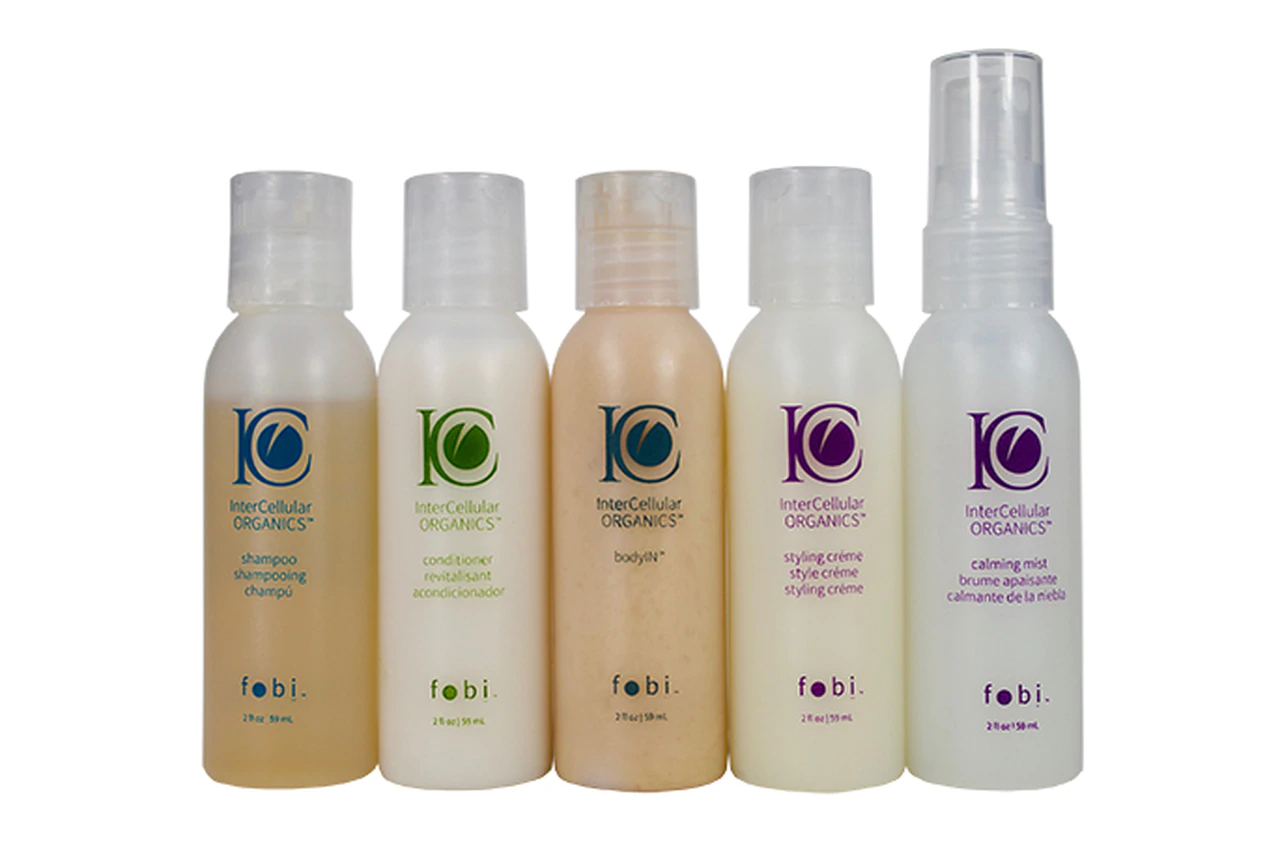A cracked or chipped tooth causes pain and soreness and makes eating, talking, and sleeping difficult. It also hinders brushing and flossing your teeth properly, leading to more dental problems. Veneers and implants are a solution to a cracked or damaged tooth. Your dentist will recommend one after examining your oral health. How do you know which suits you better? Read this article for comparison and make an informed decision.
What Are Veneers?
A veneer is a thin, tooth-colored film that covers tooth imperfections. It is placed on the frontal surface of the cracked or dented tooth. Ceramic and porcelain are the two standard varieties of veneers. In addition to repairing cracked or broken teeth, veneers also help conceal gapped or stained teeth.
A veneer is bonded to your tooth with a dental adhesive. You can get a veneer for a single tooth or more, based on the status of your dental health. Generally, veneers are applied to both sets of your teeth when used for a full-fledged smile correction. It also makes all teeth look evenly colored and resemble the appearance of your natural teeth. The as-good-as-natural look of veneers makes them a preferable cosmetic dental correction option for front teeth.
What Are Dental Implants?
Dental implants offer restorative as well as cosmetic benefits for your teeth. These are an ideal solution for missing and severely damaged teeth. Your dentist fixes an artificial tooth root into your jaw bone and attaches the artificial tooth to it. Dental implants replace your natural teeth permanently. They are fitted with crowns (tooth caps) to make them perfectly match your natural teeth. You can get an implant for a single tooth or more.
How to know which among veneers and implants is right for you?
The following three factors can help you select the right dental procedure.
The extent of tooth damage
A dental implant is your best bet for a severely damaged tooth. It replaces the affected tooth with a new artificial tooth that looks natural. It also prevents infections or complications in the future. However, if you have minor cosmetic concerns such as chips, dents, cracks, or stains on the tooth, veneers work best in this case.
If bite correction is required
Bite issues, also called malocclusion, refer to upper and lower teeth coming together improperly. Your dentist will check if your teeth require bite correction. A lost tooth or misaligned teeth contribute to bite issues, impacting how you speak, chew, and smile. Both veneers and dental implants help correct bite-related problems. However, veneers work only cosmetically, which means they improve the aesthetics or make the perceived misalignment less visible. Alternatively, dental implants help fix the root cause of bite issues by filling in the gap and supporting the jawbone or gum tissue to protect or correct alignment further.
Duration and cost of the procedure
The process of placing veneers takes up to three weeks. Contrarily, restoration using dental implants takes at least three months. Veneers are a good option if you have minor dental imperfections and looking for a reasonably quick procedure to correct them. Whereas dental implants are an effective solution to badly damaged teeth that need more advanced and permanent treatment. As a result, dental implants cost more than veneers. However, veneers need touch-ups and eventually replacement after a period. The frequency of touch-ups and replacement depends on your dental care routine. However, they add to the overall expenses for dental restoration.
Longevity of results
Dental implants last a lifetime. However, the crown may need replacement after 10-15 years. Veneers also last for a long time, but they are not permanent. For example, porcelain veneers are prone to wear and tear and need replacement every ten years or earlier in some cases.
What are the pros and cons of dental implants and veneers?
Both veneers and dental implants have advantages and disadvantages you should know.
Pros of veneers
- Shorter duration of the procedure
- One of the quickest ways to get better-looking teeth for a beautiful smile
- Reasonably priced
- Match the appearance of natural teeth
- Stain-resistant
- Fairly durable
- Range of shades of white to choose from
- No need for extensive shaping before placing them. For example, ultra-thin veneers require no shaping at all.
- No significant pain or discomfort during or after the procedure.
Cons of veneers
- Fragile compared to implants
- May be needed for multiple teeth to achieve an evenly colored and natural-looking smile
- Not suitable for everyone. People with bruxism and weak teeth need to consider other options, even if their teeth require only cosmetic changes.
- Putting veneers on require removal of tooth enamel, which causes tooth sensitivity
- Require more visits to the dentist for touch-ups and replacement
Pros of dental implants
- Prevents jaw bone loss that occurs after tooth loss
- Matches your natural teeth
- Strengthens bite force
- More secure and stable compared to other options
- Can last for up to 50 years
- No need for touch-ups for a long time; only crown replacement may be required after 10-15 years
- No effect on natural speech
- No slippage like dentures
- Support adjacent teeth by filling gaps
- Dental implant material resists decay and gum problems
- Easy to maintain
Cons of dental implants
- Costly because of longevity they offer
- Time-consuming process. While the total period for getting implants is about three months. Fixing implants during the initial stages of the process takes 1-2 hours per implant.
- Risk of complications and infections.
- A long period is required for healing.
- Implant failure, i.e. dental implant rejection, may lead to rapid jaw bone loss.
- More food restrictions while the treatment is going on.
- Pain and sensitivity after the numbing effect wear away.
Can veneers be placed over dental implants?
Yes, you can get veneers placed over dental implants for a more polished appearance of your teeth. The benefits of dental implants treatment in Bonita–based dental practices include using implants and veneers to get the best cosmetic results.
Did you find this article helpful?
Comment below and share your thoughts.


.webp)








